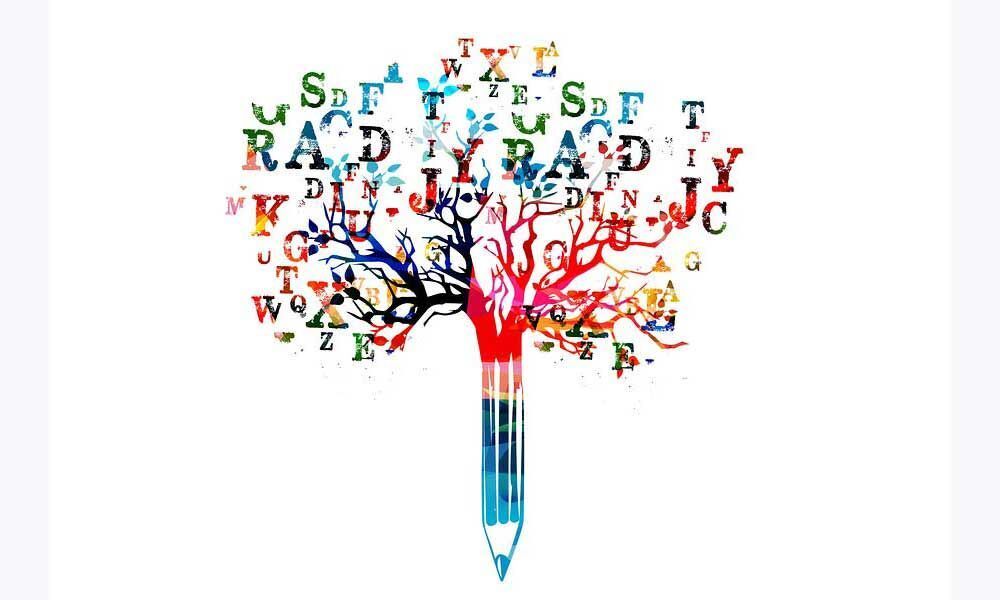Written communication needs hard work

While oral communication generates naturally and spontaneously in human beings, written communication needs a lot of hard work.
While oral communication generates naturally and spontaneously in human beings, written communication needs a lot of hard work.
Usually, writing is an outcome of reasonably long practice and persistence in learning.
It is well known that speech comes first and writing comes afterwards.
In all languages of the world, writing evolved ages after speaking.
History of civilization explores various and consequent phases through which the formation of letters of the alphabet of any language has undergone.
But it is clear that whatever has been written, unless destroyed, has become everlasting.
Words spoken are, however, probably to be forgotten.
That is why written communication is reliable and indispensable.
'Written Communication' means conveying messages in various forms such as orders or instructions through the documents like letters, memos, circulars, brochures, manuals, reports, fax, bulletins, etc.
Written communication is so vital that it is not possible to think of a corporate firm or organization without it.
The functioning of any organization majorly depends on the exchange of letters, reports etc. to cater to various purposes.
And the most central purpose is that face-to-face communication is not always possible because the employees of an organisation may be located over widely spread geographical distances.
Therefore, they have to depend on the exchange of documents.
Modern technological inventions, networks or devices have not reduced the weight of written communication, where as the modes of transmission have changed.
The significance of written communication remains as lively and essential as ever, because it is a formal method of communication and a written document preserved properly becomes a permanent record for future reference.
Features of Written Communication:
(a) Written communication is a creative activity that requires a lot of imagination and effort to produce a well structured document. While oral communication is natural, written communication is based on mindful effort, which reflects the image of the organisation. To be effective, written communication should be clear, concise, accurate, polished and comprehensive.
(b) Another distinct feature of written communication is the time factor. Oral messages, in a face-to-face situation or through telephone reach the receiver instantaneously and the response almost always comes without delay. This does not happen with written communication. The sender has to compose his message, i.e., a letter or report cautiously and encode it with great care and then send it to the reader. The reader takes time to decode, analyse and respond to it; hence, written communication is a time consuming activity.
(c) In addition, written communication has fewer phases than oral communication. Oral communication is a multiple phase activity. Oral communication gets instant response and there is a continuous and straight forward exchange of words. This is not possible in written communication.










